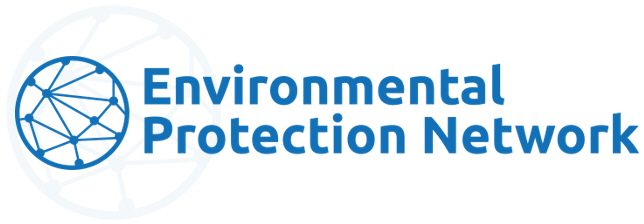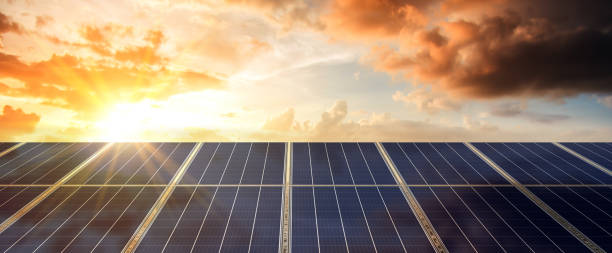Please share this information widely! And please sign up to receive these updates in your inbox every 2 weeks or so.
1) EPA’s Solar for All Competition – The application deadline has been extended to October 12, 2023. In addition:
EPA released the list of Notices of Intent (NOI) that it has received from states, territories, municipalities, and eligible nonprofit recipients—the list of Tribal governments will be posted in the next couple of weeks. The enthusiasm and demand for Solar for All funding has resulted in a revision to the maximum award amount an applicant can request from the Solar for All program as detailed in Section II.A: Number and Amount of Awards of the updated Solar for All Notice of Funding Opportunity.
More information about updates and changes to the Notice of Funding Opportunity, as well as a link to an EPA-hosted webinar discussing these changes on Monday, September 11, 2023, at 2:00 PM Eastern Time can be found here.
Meanwhile, please use EPN’s Solar for All Application Guide, which includes suggested step-by-step instructions and a timeline on how to submit a competitive application. Our guide contains a checklist, a project narrative template that can be copied and shared with partners to divvy up work, a sample project narrative, and other resources.
Lastly, please reach out to info@environmentalprotectionnetwork.org for individualized assistance.
2) EPA’s Drinking Water System Infrastructure Resilience and Sustainability Grant Program: EPA has earmarked $19 million to assist public water systems in disadvantaged communities or communities with a population of less than 10,000 individuals to increase drinking water system resilience to natural hazards. Applications are due November 6, 2023.
Questions can be sent to ResiliencyGrant@epa.gov until October 16, 2023.
Please reach out to info@environmentalprotectionnetwork.org for individualized assistance.
3) $50 million Energy Improvements in Rural or Remote Areas (ERA) Program: Only invited applicants are eligible to apply for this opportunity based on selected pre-application submissions. Full applications are due by October 12, 2023. EPN has created a suggested 6-step application process—including a checklist with suggested timeline, a project and community benefits plan template, and a sample project and community benefits plan.
4) EPA Regions 1 and 8 are accepting applications to stand up additional Environmental Justice Thriving Communities Technical Assistance Centers (EJ TCTACs), up to $10 million each to help communities and other environmental justice stakeholders access federal assistance and resources to address environmental and energy justice concerns. Region 1 applications are due September 29, 2023, and Region 8 applications are due October 11, 2023.
All applicants to the above funding opportunities must have an active SAM.gov and Grants.gov registration in order to apply. You should register in these systems now if you are planning to apply, and reach out to info@environmentalprotectionnetwork.org immediately if you need assistance.
4) AGU’s Thriving Earth Exchange is currently seeking three hub partners to help build up regional community science capacity. These partners will receive $50,000/year for two years (max total of $100,000) to hire or designate a dedicated hub coordinator who will recruit and support twelve communities through the lifecycle of an 18-month community science project. The hub coordinator will receive training and support from Thriving Earth Exchange staff, including but not limited to guidance on their processes, training on recruitment and interviewing, and access to AGU staff expertise such as development. If you would like to be considered for the proposal process, please fill out this form by Tuesday, September 12, 2023. Selected organizations will receive an email invitation by September 25 to submit a proposal along with information about what the proposal should contain. Partnerships are expected to start by early 2024.
Click to read: EPN’s Bimonthly Newsletter: EPN In Action: July-August 2023
Staff Updates: This summer we nearly doubled our staff! We welcomed a new Operations Associate, Eugenia Yeo, as well as interns Matt Jones and Nora Ripley-Grant. We also hired 4 new Community Outreach Associates to support our pro bono capacity-building technical assistance program—Noor Shahzad (Region 5), Shonali Palacios (Region 7), Caelie Fish (Region 9), and Rudy (Region 10).
To date, we have connected almost 150 EPN volunteers to over 400 communities and NGOs, and have helped communities access over $3 million in federal funding. We continue to help communities 1:1 apply for federal funding and have created step by step guides to help others.
National Policy Updates
- EPN submitted comments on the New Source Performance Standards for Greenhouse Gas (GHG) Emissions from Fossil Fuel-Fired Electric Generating Power Plants.
- EPN submitted comments on proposed amendments to the New Source Performance Standards and to the National Emission Standards of Hazardous Air Pollutants (NESHAP) (more commonly referred to as the Hazardous Organic NESHAP or “HON”) for the Synthetic Organic Chemical Manufacturing Industry (SOCMI), and the NESHAP applying to the Group I and II Polymers and Resins Industries.
- EPN submitted comments on the proposed federal baseline water quality standards for Indian reservations and submitted comments on EPA’s draft human health risk assessment for the registration review of dimethyl tetrachlorophthalate (DCPA), an herbicide used on weeds.
- EPN wrote a letter to the National Drinking Water Advisory Council regarding the PFAS national drinking water rule and sent a letter to the U.S. Senate Committee on Environment and Public Works regarding draft PFAS legislation.
Thank you for your continued support. We could not continue to meet this moment without you!

